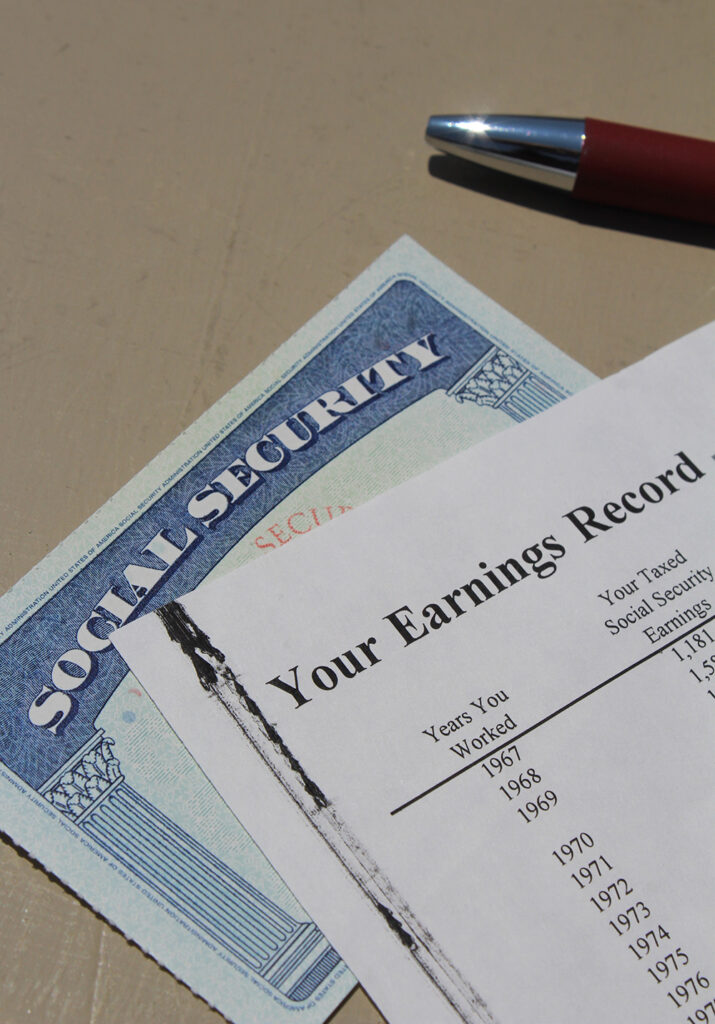Before deciding to collect Social Security benefits, consider these tips to help you make an informed decision.
TIMING MATTERS

If you plan to continue working while receiving benefits, there are limits on how much you can earn each year between age 62 and full retirement age and still collect all your benefits. However, once you reach full retirement age, your earnings do not affect your benefits, but they may be taxable as income. And if you don’t need the income now, you may decide to wait beyond full retirement age to receive additional retirement credits. Or you can choose early retirement and invest your benefits elsewhere.
HEALTH INSURANCE
If you stop working, not only will you lose your paycheck, but you may also lose employer-provided health insurance. Although exceptions exist, most people will not be covered by Medicare until they reach age 65.
Your employer should be able to tell you if you will have health insurance benefits after you retire or if you are eligible for temporary continuation of health coverage. If your spouse is employed, you may be able to switch to their health insurance.
ADDITIONAL BENEFITS
If you qualify for benefits as a widow, widower, or surviving divorced spouse on another record, you may choose to apply for survivor’s benefits now and delay your retirement benefit until later.
If you delay receiving your retirement benefit until your full retirement age or later, your retirement benefit will be bigger.
EXPECTATIONS
Consider your family history and lifestyle when thinking about your life expectancy.
You may need extra money in later years if you come from a family with long life expectancies. This is particularly important as you could potentially outlive your retirement savings, especially any investments with limits on how long they are paid.
Your life expectancy affects your retirement planning decisions. Knowing this helps you determine whether you should start receiving reduced social security benefits at age 62 or wait until age 70 to receive a higher payment.


